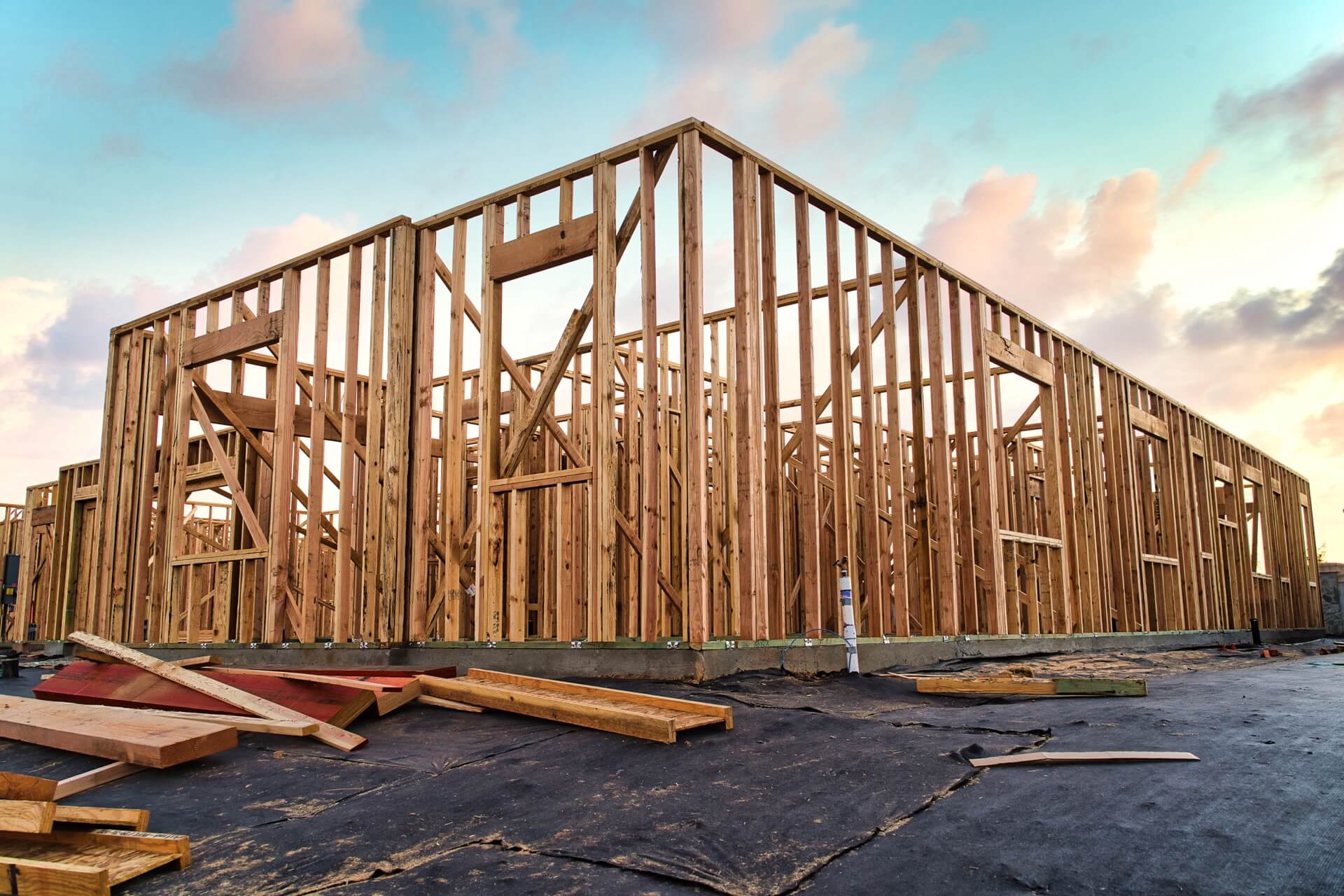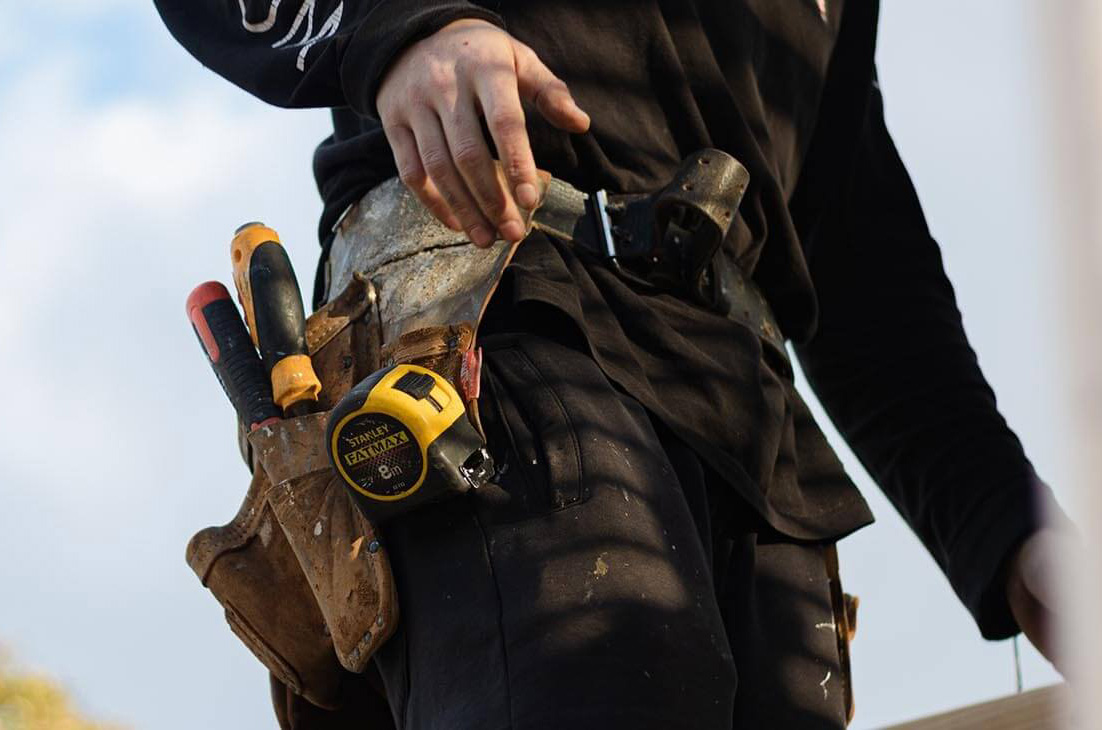Case Studies
All of RWC’s warranty programs include our effective warranty resolution process which includes mediation and, if needed, formal arbitration. We are asked from time to time if the system works…or in other words, if the warranty is “worth it."
Read on for highlights on selected case studies that demonstrate how our process works.
Read on for highlights on selected case studies that demonstrate how our process works.

CASE STUDY #1: Arbitration? It Works!
In this case study, the home was in Year 1 of warranty coverage and was financed through VA/HUD. The homeowner's request for warranty performance stated, "The ductwork is making continuous knocking/ticking noises during every heating and air conditioning cycle."
READ MORECASE STUDY #2: Mandatory Arbitration Upheld by Courts
All of RWC’s warranty programs feature mandatory binding arbitration of Unresolved Warranty Issues.* RWC and its builder members have been very successful at educating the courts to recognize and enforce the warranty’s mandatory binding arbitration provision.
READ MORE

CASE STUDY #3: Structural Defects – Yes, We Cover & Resolve Them – Part 1
Yes, our warranty does cover structural defects, and that structural coverage is just one of the many benefits of the RWC warranty programs. Providing an RWC warranty on your homes reduces your liability and assures you that your homeowners are protected for covered structural defects for the entire term of the warranty.
READ MORECASE STUDY #4: Structural Defects – Yes, We Cover & Resolve Them – Part 2
Many Builders join a warranty program for the market appeal or the FHA/VA approvals – both great reasons – but those reasons alone don’t tell the whole story. The RWC Warranty provides real value to builders and homeowners when major structural defects occur. Major structural defects are expensive – the industry average is over $30,000 to repair. With RWC, warranted structural defects are covered and resolved!
READ MORE

CASE STUDY #5: Builder Defeats Homeowner’s Year Ten Infiltration Claim
Another builder was recently insulated from liability because he placed an RWC limited warranty on a home he built. In 2003, a Pennsylvania woman purchased a new home from an RWC builder, who provided the new homeowner with RWC’s standard warranty.
READ MORE